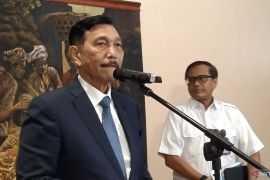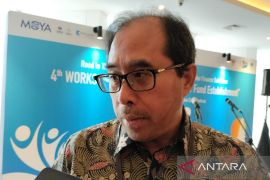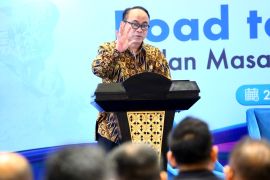"Over the past 10 years, we have held 160 trainings for around 1.3 thousand participants from southern countries," Foreign Ministry Diplomat Officer Ronny Prasetyo Yuliantoro said here on Monday.
Fisheries and agriculture are the two focus areas of Indonesias training programs for the southern equatorial countries. Most recently, the country has provided fisheries courses for representatives of 12 African countries.
Africa is an area with great potential in those two fields but has not been explored yet. With the continental boundary of the Atlantic Ocean and the Indies and having many lakes and large rivers, the continent should be one of the worlds leading fish producers, the World Fish Center said in a report.
But in fact, Africa contributes only 5.1 percent of the total world fish production though 400 million residents in the continent are dependent on fish as a major source of protein. On the other hand, wild hunted fish have also reached its limit due to overfishing.
Such conditions have encouraged Indonesias Ministry of Foreign Affairs to take up the initiative to hold fisheries training for African countries. The institute has also conducted similar training for southern countries in Asia and the Pacific with different focus.
"Of course, we are adjusting to the demands and needs of participating countries," Muhammad Syarif Alatas, Technical Director of Foreign Ministry of Foreign Affairs, said after attending the opening of the training in Ambon.
The ministry also conducted evaluation and supervision of every training with the results being mostly positive.
Earlier this month, the ministry held an infrastructure training program for a number of Palestinians civil servants. The program was expected to help the people of Gaza and West Bank to find it easier to rebuild homes and other public infrastructure that are often destroyed by Israeli attacks. (*)
Editor: Heru Purwanto
Copyright © ANTARA 2017











